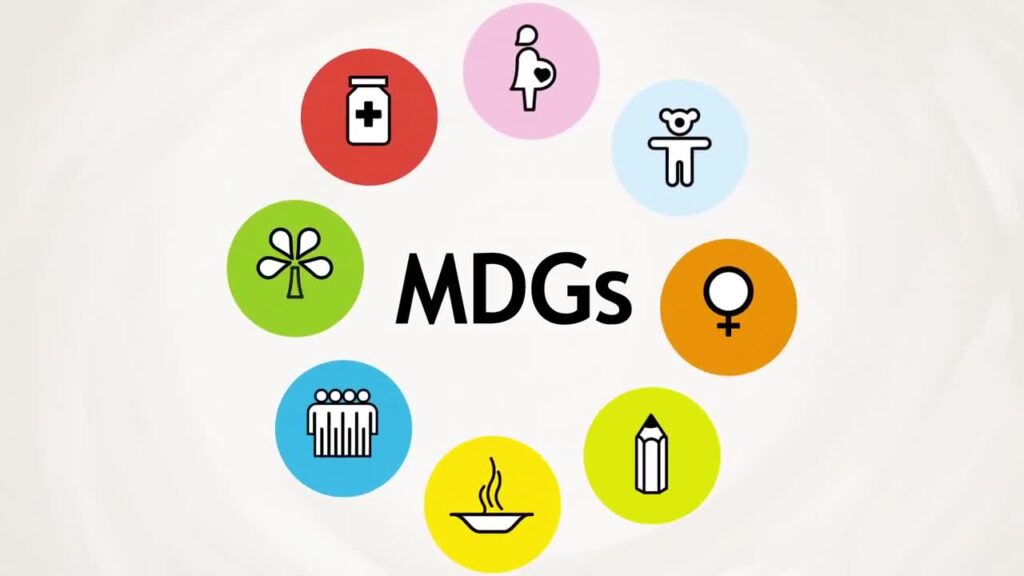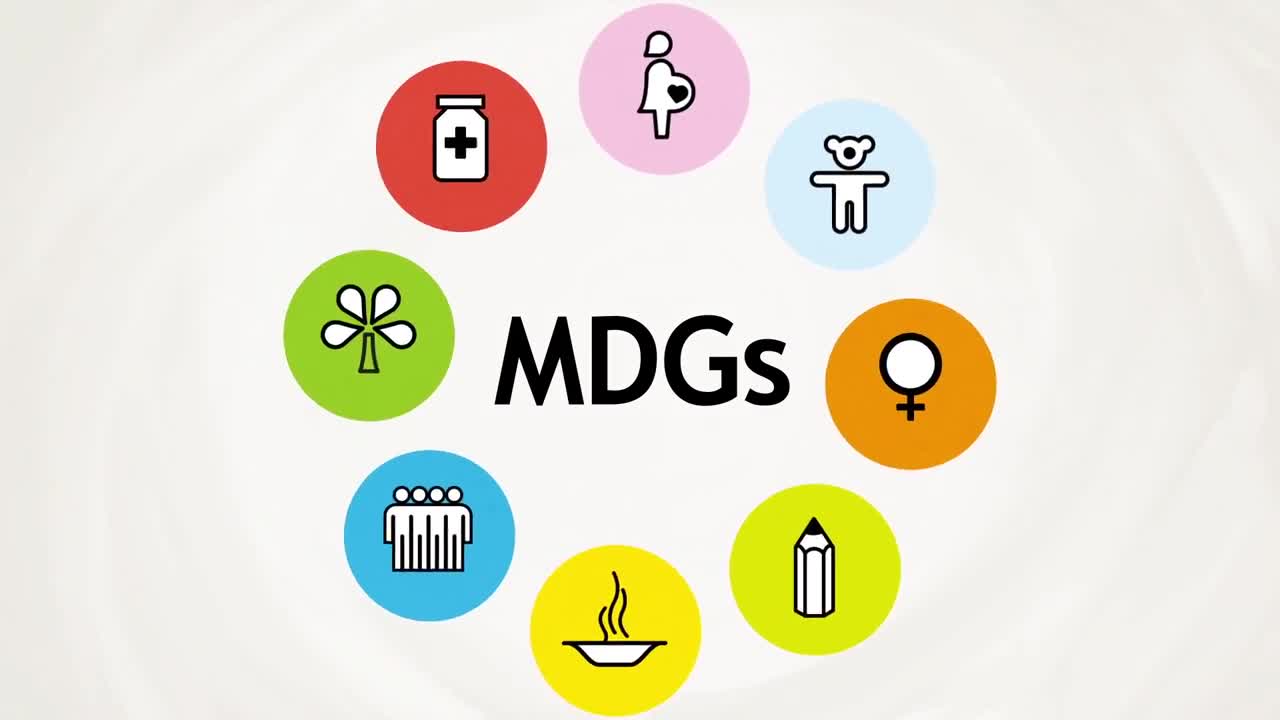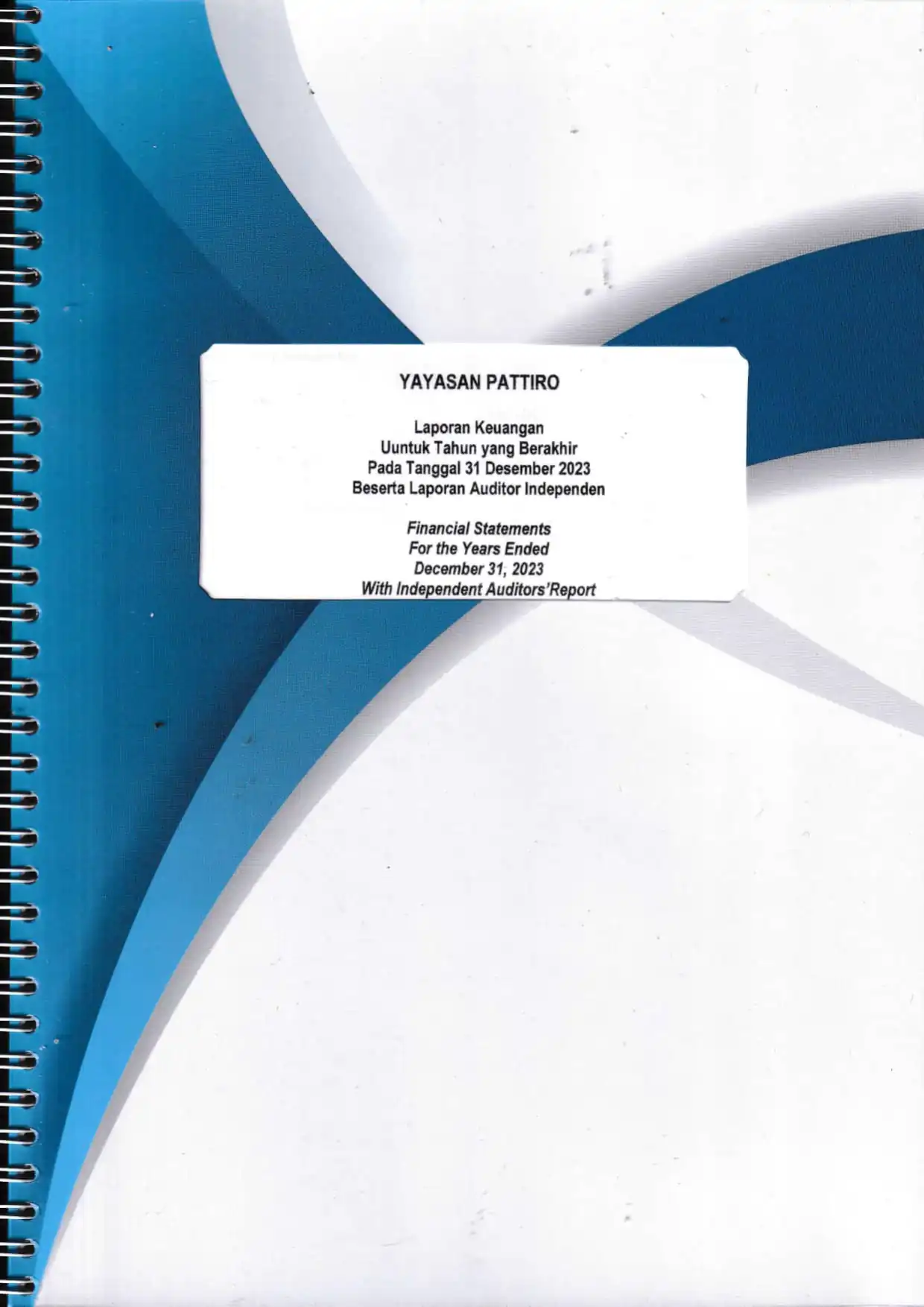
PATTIRO : The Need for Gender Integration in the Planning and Budgeting Process in Indonesia
One of the targets of the 2015 MDGs (Millennium Development Goals) which is estimated by many to be difficult to achieve is to reduce maternal mortality. The 2012 Indonesian Health Demographic Survey (IDHS) revealed that the Maternal Mortality Rate (MMR) skyrocketed from 228 in 2007 to 359 per 100,000 live births in 2012. In fact, to achieve the 2015 MDGs goal regarding maternal health, Indonesia must reduce maternal mortality during childbirth to 102 per 100,000 live births by the end of 2015. For three money, the same thing also happened to the Infant Mortality Rate (IMR) in Indonesia which is still high and will be hard pressed to achieve the 2015 MDGs target.
According to the Regional Research and Information Center (PATTIRO), one of the reasons for the high MMR and IMR in Indonesia is due to the lack of responsiveness when preparing the budget, so that the prepared budget does not reflect a human sensitive budget (a budget that responds to community needs). With responsiveness when preparing planning and budgeting, development will be in favor of the needs of all communities as beneficiaries of policies and budgets.
Currently, the central and regional governments are entering the development planning process (Musrenbang) and will then prepare the budget for 2015. For this reason, according to PATTIRO, it is very relevant if during the drafting process the central and regional governments pay attention to the needs of all components of society. The government has made efforts to enable responsiveness when planning and budgeting through a performance-based and gender-responsive budgeting system with the issuance of Minister of Finance Regulation (PMK) number 93/PMK.02/2011 concerning Guidelines for Preparation and Review and Work Plans and Budgets of Ministries/Agencies.
Performance-Based Budgeting is a budgeting method that links each cost outlined in the program (activity) with the benefits generated. With PMK 93/2011, the government should be able to ensure the allocation and utilization of the budget for whom it is planned and used, whether it is for the needs of the poor, children, men or women. In principle, the implementation of performance-based budgeting supports the basic principle of equality in planning and budgeting.
The form of a budget prepared in response to community needs is a Gender Responsive Budget (ARG). ARG is a budget that responds to the needs of women, men, and boys and girls whose goal is to realize equality and justice in receiving the benefits of the development being carried out. ARG makes the development that is carried out accessible to all levels of society, men, women and children, including marginalized groups and those with special needs. The needs of these community groups can be fulfilled, through an analysis of activity planning carried out to produce ARG, so that the focus of the areas to be intervened by the government work program becomes clearer. Specifically, ARG is a complement to the implementation of performance-based budgeting, so that budgeting in Indonesia will reflect 3E+1E (Effectiveness, Economic, Efficiency and Equty).
To accelerate the implementation of ARG in budgeting in Indonesia, the planning and budgeting system that has been practiced must respond to developing gender issues or what is known as Gender Responsive Planning and Budgeting (PPRG). PATTIRO together with four ministries/agencies, namely the Ministry of Women’s Empowerment and Child Protection (KPP&PA), the Ministry of Home Affairs (Kemendagri), the Ministry of Finance (Ministry of Finance) and the National Development Planning Agency (Bappenas), have developed a National Strategy for Accelerating Gender Mainstreaming (Stranas PUG) through PPRG in 2012.
The issuance of the National Strategy is aimed at accelerating PUG as in the 2010-2014 RPJMN and the achievement of the MDGs targets. The PUG National Strategy is equipped with PPRG implementation guidelines (juklak) both at the central and regional levels as an attachment, and is expected to provide operational guidelines to facilitate PPRG implementation, especially both at the central and regional levels. so that the implementation of PPRG becomes faster, directed, systematic and synergistic both at the central and regional levels.
Recommendation
PATTIRO recommends that the preparation of the 2015 budget that is currently being carried out pays more attention to the needs of all levels of society, the Central and Regional Governments must integrate gender responsiveness into the entire ongoing planning and budgeting process as mandated by PMK number 112/PMK.02/2012 concerning Guidelines for Compilation and Review of Work Plans and Budgets for State Ministries/Institutions and Minister of Home Affairs Regulation (Permendagri) number 67 of 2011 concerning Amendments to Permendagri number 15 of 2008 concerning General Guidelines for Implementation of Gender Mainstreaming in the Regions. Integrating gender responsiveness into the entire planning and budgeting process which has become a joint effort and included in the National Strategy will minimize discrimination against development benefits for all levels of society, accelerate the achievement of the 2015 MDGs and create a better government.
Jakarta, 23 April 2014
Sad Dian Utomo | PATTIRO Executive Director
saddian@pattiro.org | 0812 800 3045
Contact Person:
Agus Salim | Gender Specialist
agus@pattiro.org | 0813 9977 7721





